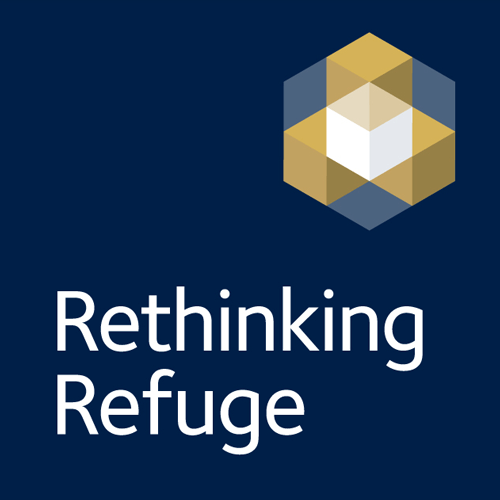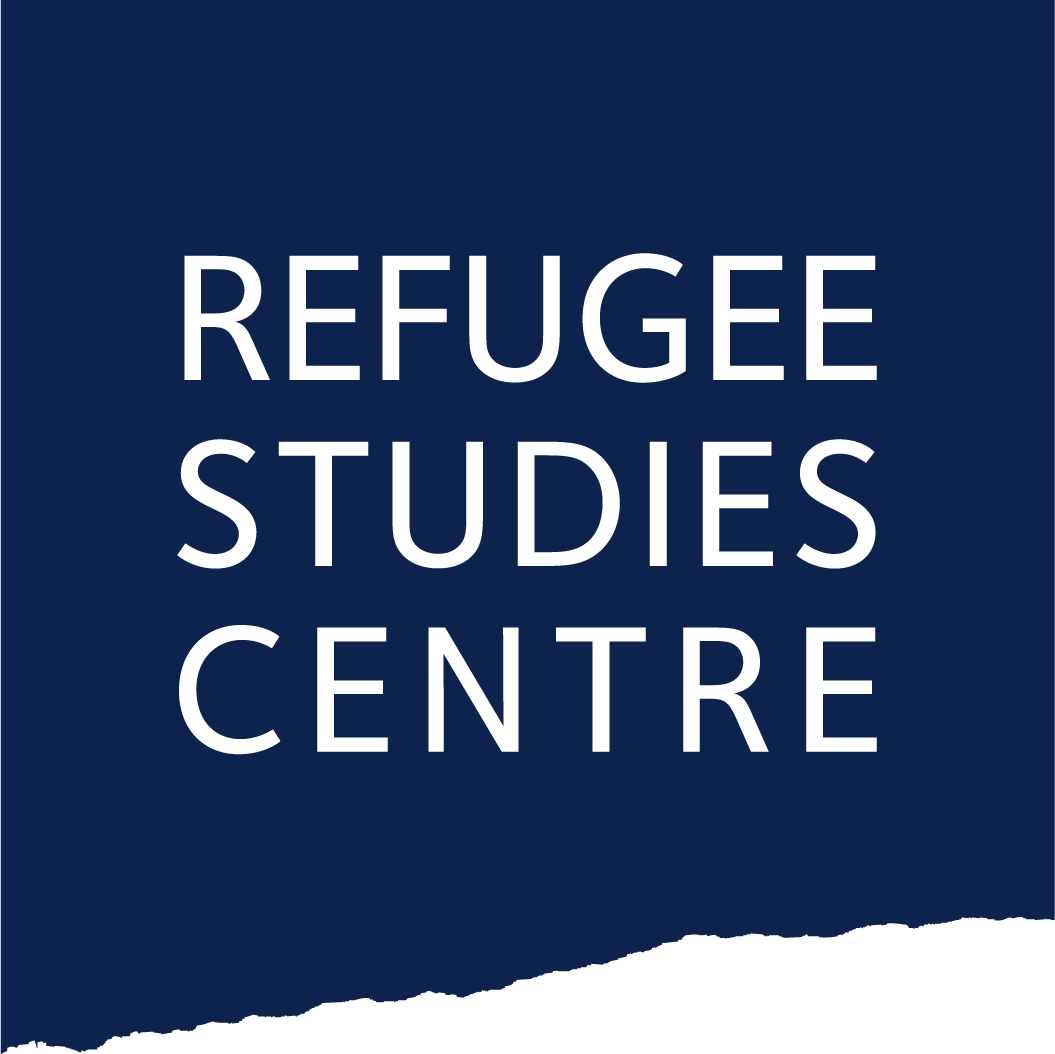
Refugees and Digital Exclusion
July 2021
Introduction
Refugees and asylum seekers in the UK have faced disproportionate challenges during the COVID-19 pandemic. Even before the start of the pandemic the number of refugees and asylum seekers in poverty in the UK was rising.
Research shows that they are less likely to receive vital public health information due to language barriers and digital exclusion; they are also part of a minority population more at risk of severe illness and death from the virus. There are horror stories of outbreaks in hostel accommodations in the UK and chaotic government responses to them.
While the digital exclusion faced by many refugees and asylum seekers has garnered more attention due to the pandemic, there remains little evidence of how refugee-serving organisations have managed to reach clients and continue services.
Drawing on ongoing research conducted with organisations and charities supporting refugees in London and data collected by one charity, Action West London, we highlight here the need to rethink how the needs of refugees can be met remotely and how digital exclusion can be addressed.
Refugees and Digital Exclusion
Smartphones and Social Media usage have become extremely useful to refugees, especially since the refugee crisis in Europe unfolded. The high usage of these modern means was triggered by the need to access information, to stay in touch with people back home, to save data such as pictures and videos and to have access to language translation tools. Research also shows that, upon resettlement, information and communication technologies (ICTs) can contribute to social inclusion through increasing participation, cultural expression, and understanding of a new society.
In the UK during COVID-19, the Department for Education’s schemes to increase children’s access to remote education during COVID-19 also extends to refugees and asylum seekers, and includes increasing data allowances on mobile devices and providing 4G wireless routers. However, there has been significant criticism that the scheme has not been extended far enough and that many remain left out or under-served.
Some informants also mentioned it being common for one family to share one device, such as a laptop, among themselves, with competing interests for school, job searches, and social contact with family and friends leading to inadequate digital access.
Limited digital access has also been exacerbated by other barriers. For many refugees and asylum seekers, a lack of language skills has contributed to a fear of forms that either must be filled out on paper or are hard to access online without help. Some refugees and asylum seekers don’t know how to write in English and might not have even gone to school in their home country. For these people, completing anything official or bureaucratic is overwhelming, and they need support for even so-called small undertakings like calling a water company to check about a bill.
Many refugees, regardless of literacy, have also been confused about changes to council benefits given changes in universal credit. This has led to an increased reliance on help from organisations that refugees know and trust. Yet these organisations themselves have had to navigate how to continue their services remotely.
Action West London: A case study
Action West London, a charity established in 1998, works with a wide range of disadvantaged members of society including refugees as well as the long term unemployed, disengaged young people (NEETs), ex-offenders and individuals with mental health and disability issues. It provides opportunities for them to improve their lives through a variety of education, training, employment, self -employment and social enterprise projects.
Since 2017, we have supported around 300 refugees. The majority are from Syria, with others coming from countries including Sudan, Iran, Eritrea, and Albania.
In the first year of the pandemic (March 2020- March 2021) AWL provided support to approximately 150 refugees. To better understand how we as an organisation engage with our participants, we collected engagement data. Our findings are both revealing and instructive.
The data shows that the preferred method of contact for Individual Sessions was Phone Calls (34%), followed by WhatsApp (Messaging and Calls- 29%), email (23%), and then to a much more limited extent Zoom Video Calls (6%), Text Messages (6%), and other means (2%). Group sessions, such as Benefits and Employment surgeries or ESOL (English for Speakers of Other Languages) classes have been delivered using Zoom only, and have not been included in the above percentages.

Figure 1- Engagement Data
We identified that only a very small percentage of our clients (around 2%) have not been able to access our support due to a lack of access to a Smartphone. The majority, however, had access to a relevant hardware such as a smart phone or a computer (desktop or laptop).
Our engagement data reveals that aside from the ‘other’ category (37%), which included miscellaneous activities related to their personal needs (NINO or Biometric Residence Permit applications; food banks information; mental health & coping with isolation) or with their future development needs (DBS check; application for a Provisional Driving Licence; registration for a CSCS Construction card; job interview feedback; Oyster Card), the most common type of support related to job search support.
Job search, job application support, CV workshops and employer calls accounted for 264 (25%) of all the contacts that we made. Advice relating to benefits, housing, council tax amounted to 213 (22%) engagements. College registrations for English classes and other types of formal qualifications accounted to over 10% of our support.
Compared to previous years, the figures show a slight increase of the support refugees needed in terms of Housing and Benefits during the lockdown, and a decrease of the Job Search element, due to businesses being temporarily closed in the second and third quarter of 2020, as well as the first quarter of 2021.

Figure 2- Type of Support
As a result of the support we have offered, 28 refugees have started jobs, 37 others have progressed into further education, but only 10 of them sustained their jobs during the pandemic (compared to double last year).
These findings suggest that the ease and convenience of making a call or sending a message often trump the more face-to-face experience afforded by video conferencing tools. At the same time, it is an indicator that particular help can be provided and needs met without the internet. Organisations and charities working with refugees could therefore consider expanding the use of phone calls and text messaging in addition to addressing barriers to digital access.
At the same time, the survey results are also an indicator of the prevalence of digital exclusion among refugee populations in London and likely the wider UK. The fact that our organisation only works with refugees rather than asylum seekers, and works with people gaining the skills to actively pursue employment, likely means that our survey was conducted with a non-representative (better-off) subset of forced migrant, and thus that refugees’ digital exclusion may overall be much higher.
We have drawn on these results as an organisation to tailor the way we work. Rather than on insisting on using any one technology with our clients, we tapped into tools they were familiar with. Naturally, we recognised that video conferencing tools such as Zoom or Teams had the potential to mimic face-to-face interactions in the physical space and were very keen to use them, but we also conceded that doing too much too soon could have the opposite effect.
Gently nudging towards those technologies was our preferred choice which meant that our clients felt ready and confident when they made the ‘jump’. It also meant that they had a much more positive experience overall.
Conclusion
Our ongoing research highlights the vital work that refugee-serving organisations have undertaken throughout the pandemic to both continue offering services to clients as well as help their clients address a variety of issues outside of their stated mandate. This includes answering council tax concerns, navigating welfare applications, and addressing illegal eviction orders.
The nature and scope of the work undertaken by many civil society organisations and charities working with refugees and asylum seekers in London reveals the significant contribution of the third sector in helping forced migrants navigate everyday bureaucracy remotely and minimize digital exclusion in areas such as education and livelihoods. Yet there remains a pressing need for more support for these organisations to undertake their work in order to reduce the clear digital divide refugees and asylum seekers face in London and the wider UK.








